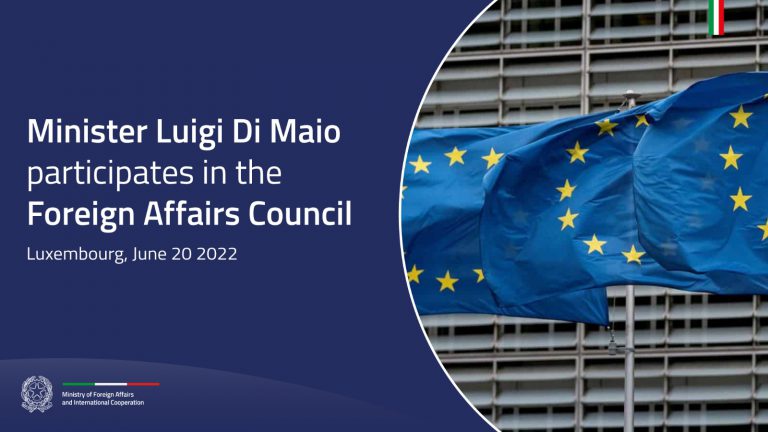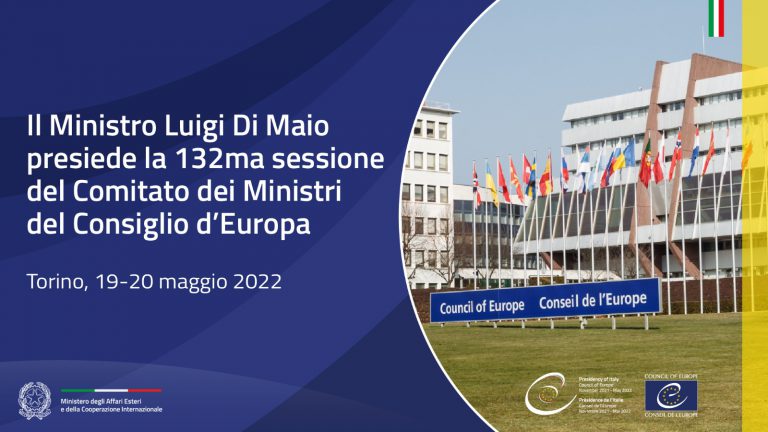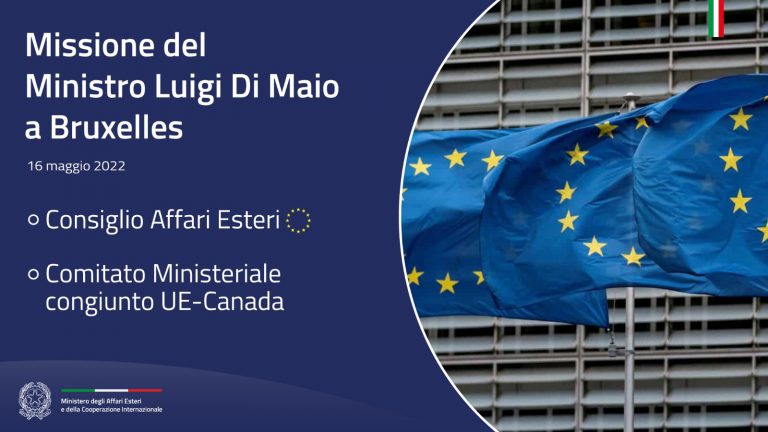ROME – “I take Francois Hollande’s openness very seriously. Whatever the reasons are, for the first time Paris is signaling a willingness to re-examine Europe that I like very much, because until a short time ago it was taboo to even talk about modifying the treaties. Obviously, the French President’s ideas presuppose at least a revision of the existing agreements. But any admission of the need for an overall reconsideration of its institutions and policies opens up new room to discuss whether we want an intergovernmental Europe, which I’m afraid Hollande still has in mind, or a federal one”. Even as Minister for Foreign Affairs, Emma Bonino does not conceal her “radical, Spinellian and federalist” genetic code, reasserting that minority position tenaciously maintained for so many years in the company of a tiny group of European visionaries. “This has been my historic position”, she says in the first interview granted since her installment at the foreign ministry, “but it is also the Italian government’s, in light of Premier Letta’s statement after gaining the confidence vote”.
Giuliano Amato speaks affectionately of your being “always too far ahead of the times”. The shift to a federal Europe has been the theme since you took up the post of foreign minister; in Parliament, and then in the European Union, you spoke of the need for a “new orchestration”, indicating federalism as one of the central themes of the upcoming Italian EU presidency in the second half of 2014. Isn’t there a risk of rushing things?
«No, not when you realise that Europe is unsustainable in its present condition. Let’s take the example of the banking union formed over a year ago; we’re still not there, because the governance doesn’t work and, therefore, its policies can’t work. Time is not a secondary element, what works now will not work 5 years from now when the world will have gone somewhere else. Everyone rejects the idea that austerity and cutbacks alone will lead to growth with the current treaties. Getting your accounts in order is important and Italy has done that, thanks in no small measure to the Monti government. But there are economic costs (for everyone, including Germany very shortly) and we can add political ones to these as we begin to witness a burgeoning of the kind of populism and euro-skepticism that can morph into the sorts of nationalism and racism that our own history warns us against».
But why would the intergovernmental option not work?
«Because proceeding along the path of a Europe of homelands destroys those same homelands. We aren’t even able to govern a relatively small crisis like the one in Cyprus. I am a federalist by conviction and I do not know of any other institutional system in the world capable of uniting 500 million people with different languages and histories in democracy, rule of law and diversity. And this is not something so exotic – we have the example of our neighbor Germany, where it is working. Giving away additional authority without democratic accountability, without an elected president, without the European Parliament (possibly supplemented by national ones) having a confidence vote, is unthinkable. There is no budget capability or tax levying without democratic control, which, what’s more, is not limited to the economic aspect alone».
What do you mean?
«That there is also a civil rights spread in our present-day Europe. Take, for example, Italy’s prisons and justice system, or constitutional democracy in Hungary. What I mean is that there are no existing instruments for making serious corrections. We have strong economic criteria for joining the EU, effective monitoring mechanisms and procedures for addressing infractions, fines, etc. And while when it comes to democracy there are strong criteria for getting in, once in a country can change its constitution, eliminating the separation of powers without anything happening, as in the case of Budapest; or, as in Italy, where it seems that the right to a defence no longer exists, because a trial that goes on for 10 years can no longer be called that».
Where did the integration process go astray?
«It fossilised over the single currency; it stopped there, aided by the fact that the euro – whatever people say – has been a resounding success, even in this imperfect system, to the point that we forgot to go ahead on other things until we finally went under with the crisis. The single currency has had fair-weather governance and hasn’t been able to withstand the storm».
Lost however is the principle of solidarity, the reason that united us…
«In reality we have never really had to put it into practice, since we have never really been put to the test; cohesion funds and other budget items were enough. This is the first major crisis, and the inability to respond shifts the rejection of solidarity from governments to citizens. Popper taught us that in a crisis everyone looks to the nearest authority to produce a solution. For the past three years we have been taking measures that have been just enough to keep from exploding – too little, too late. The truth is that only a major comprehensive recovery plan can move someone. I don’t think it is possible to put Europe back together taking baby steps; what is fantastically bizarre is that Europe continues to attract all non-European peoples like a magnet».
What is the strongest argument today on what Europe needs?
«That no single one of us has the resources or scale economy to ensure a future for its younger generations. The alternative is autarchy or nationalism, with the urge to shut out that then turns to racist and war-mongering. United we are stronger both economically and democratically».
German finance minister Schauble says the treaties need to be amended even just for the banking union. Do you agree?
«In my opinion it’s not worth it. It is not true that little reforms are more digestible for a certain type of country. In any case, many of them are obliged to subject them to referendum, and the people will not fall in love again with Europe again if you tell them we’re forming a banking union. It was already hard enough to get them to accept the single currency. There are, however, things that impress the public much more vividly. I never tire, for example, of asking what we are doing with 27 national armies: €250 billion; 2 million unequipped people in service, without weapons, that is, to the point that every peacekeeping mission becomes a disaster: different standards, equipment, weapons systems – we were out of ammunition in Libya after 10 days. Or else infrastructure, research».
What about your idea for a light form of federalism?
«Right, with a budget of just 5% of European GDP, combining 4 or 5 sectors, nothing to do with a super-State; and we leave the rest to subsidiarity. We don’t have to become entirely homogeneous. Unlike my friend Ulrike Guérot, who believes that Europe doesn’t work because it can’t agree on whether it’s better to drink wine or beer with dinner, I think that our real wealth lies precisely in the beer or wine of each of our countries. We need to work together only on the things that matter: foreign affairs, defence, security, taxes, treasury, research, infrastructure, and I would add immigration to that. The more modest estimates say that Europe is going to need 50 million immigrants by 2050».
How is the Italian government going to have to move so as not to waste this opportunity of France’s openness?
«The point is to understand how willing they are. An inside joke or not, as some say, I think that this type of seed once sown takes on a life of its own. It is up to us to cultivate it, water it, fertilise it. If there is a rough agreement, even given some understandable resistance, this must become the agenda of the missions of the Prime, Foreign and Treasury ministers. We must be active in every forum, and in that way we will be able to prepare a different sort of European election, with the major political families naming their candidates for President of the Commission, Commissioners and President of the Council, creating a political debate capable of involving and interesting the public».
And will Germany get over its caution after the elections?
«I realise that an electoral campaign has its own dynamics and sets up its own rules, nevertheless, Berlin has always said no mortgaging of debt without handing over sovereignty. Let’s take Germany at its word, let’s see if it’s a bluff».






